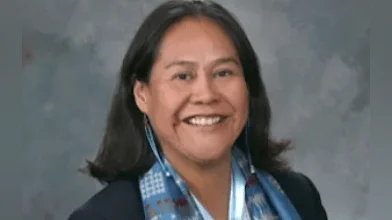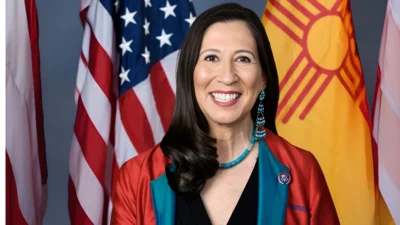Nadine Padilla Assistant Professor of Law | UNM School of Law Clinical Programs
The Corinne Wolfe Center for Child & Family Justice at the University of New Mexico School of Law hosts the Children's Code Reform Task Force (CCRTF), an initiative funded by the New Mexico Legislature. The task force aims to evaluate and improve New Mexico's Children's Code, providing legislative recommendations to better support vulnerable children and families in the state.
The CCRTF consists of 19 members led by Cristen Conley, a nationally certified Child Welfare Law Specialist and Senior Attorney at the Institute of Public Law. Conley brings over 20 years of experience representing children and parents in welfare cases. She notes, “We called on subject matter experts from across the state and from various disciplines to create a deeply knowledgeable and dedicated group of volunteers to become members of the Children’s Code Reform Task Force. Their hard work and persistence has led to sound research-based recommendations to update and improve state law and policy to protect children and support the most vulnerable families. We have only scratched the surface and hope to be able to continue this work.”
Funded for fiscal years 2023 and 2024, the CCRTF reviewed current data to compile a comprehensive report released in June 2024. This nearly 75-page document presents recommendations for updating the Children's Code with considerations for scientific, social, economic, and cultural developments.
One significant proposal is renaming Article 4 from “Abuse and Neglect” to “Child and Family Welfare,” aiming to focus on supportive initiatives rather than punitive measures. The task force emphasizes that many neglect cases are rooted in poverty or inadequate support systems. They recommend redefining child neglect to prevent removing children from their families solely due to financial hardship.
The CCRTF presented its findings to two legislative committees in August 2024: Courts, Corrections, and Justice Committee on August 13, followed by Legislative Health and Human Services Committee on August 26. Beyond engaging lawmakers, they seek public involvement through monthly virtual meetings for community feedback.
Further information about upcoming meetings can be found online along with access to their full report.








